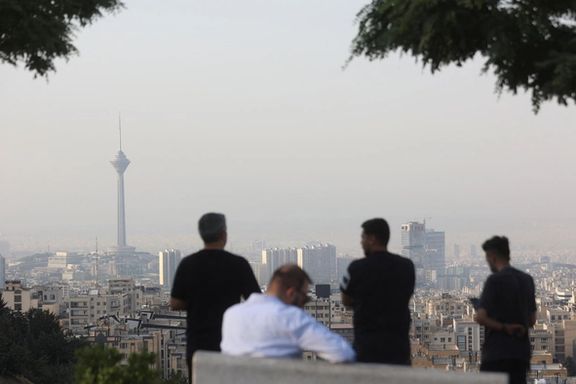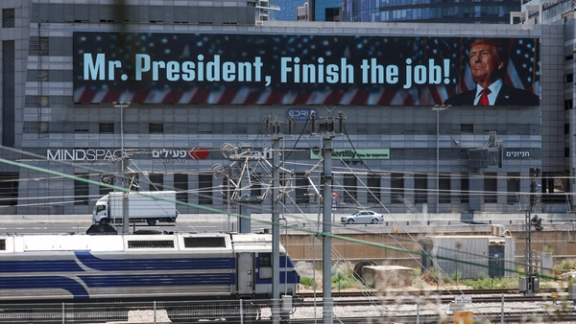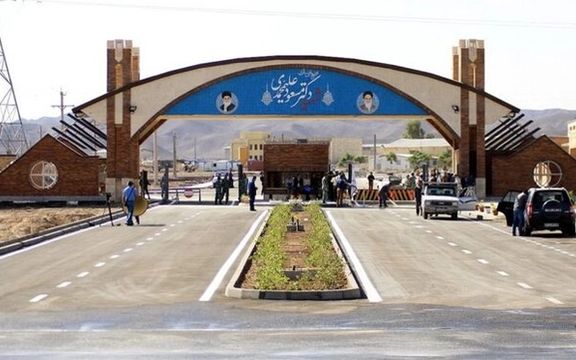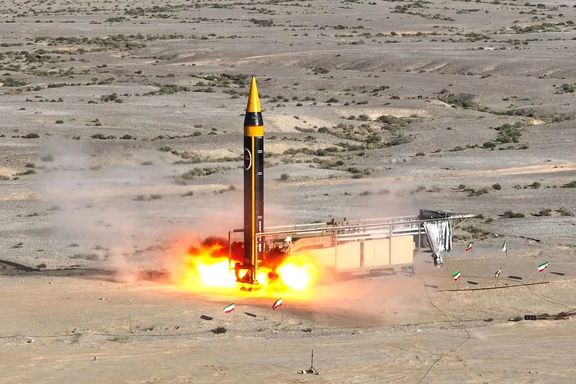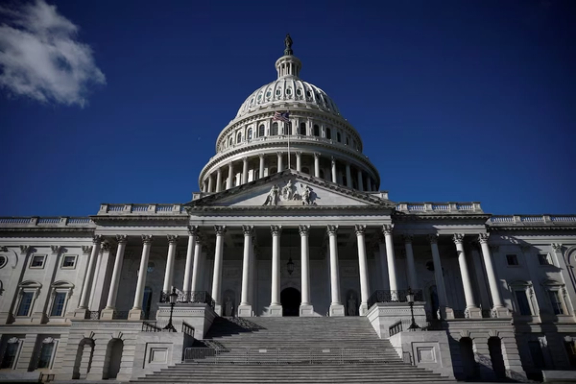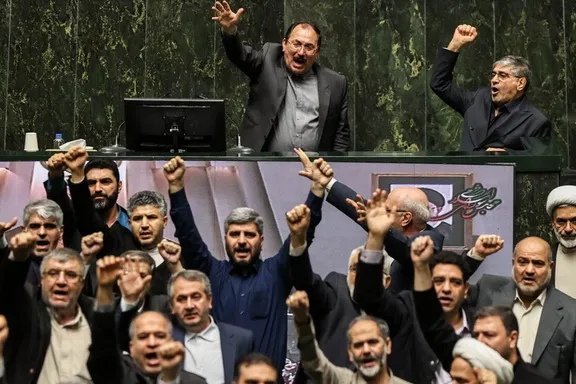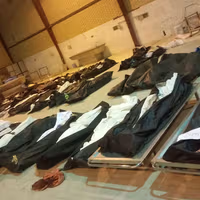In messages sent to Iran International, Iranians from across the country described severe connectivity outages affecting both mobile networks and home internet services which left them in the dark about the historic attack on the country.
The shutdown, which some residents say has lasted more than 24 hours, is the most severe connectivity crisis since the November 2019 protests, according to monitoring group NetBlocks.
The disruption has left millions struggling with basic daily tasks, from financial transactions to communicating with loved ones abroad.
“I am a driver for Snapp (a popular ride-hailing app), and with GPS and navigation systems down, I can’t work anymore,” said one message.
“This is how I made a living. Now, in these conditions of war and economic hardship, how am I supposed to support my family?”
Users across the country described scenes of isolation and desperation, with one resident characterizing the situation as “being held hostage.”
“We feel like hostages," the contributor wrote. "The only reason I could even send you this message was through VPNs."
Multiple Iranians confirmed that the internet is entirely down in their areas, preventing the sending of videos or voice messages.
“Even basic messaging barely works," One user from Tehran said. "I managed to connect to the global internet by accident using Psiphon on Windows. Please inform others that this method might still work.”
As international lines remain disrupted, many Iranians living abroad are unable to reach their families.
“I am a student living outside Iran and haven’t been able to contact my family,” another person said.
'Please, Elon'
Others appealed directly to global figures. “Please, we are asking the Iranian people and international media to call on Elon Musk to provide satellite internet to the people of Iran, like he did for Ukraine during the war,” wrote a user in central Tehran.
Home internet services appear to be limited to internal Iranian websites and apps, such as Rubika, and even then operate at extremely low speeds.
In Arak, central Iran, residents reported complete disconnection and uneasiness.
“Even text messages sometimes don’t send. There are still long queues at bakeries and gas stations, even though the city is quiet and most shops are closed.”
Messages also highlighted emotional distress caused by the isolation.
“We are psychologically exhausted. Only Netanyahu finishing this [conflict] can save us,” one person wrote.
Losing touch
Another said, “It’s been over 48 hours since I last heard from my family in Qom. Every call just rings endlessly.”
One message by read, "Since yesterday afternoon, I have not only been unable to contact my loved ones living in Tehran and nearby cities, but I’ve also lost all means of communication with my mother and immediate family, who live in a northern city. I can’t reach them by landline or mobile."
"Today, I tried calling more than a hundred times at different hours. At one point, my call unexpectedly connected to other numbers in Iran — though they couldn’t hear me."
Others warned of the broader economic impact. “All banks are closed. Nationalized internet systems are down. No one can even update their debit cards,” said one message.
Those operating online businesses have reported losses. “I am a trader, and for the past week, my group of nearly 800,000 members has made no income.”
Meanwhile, some Iranians abroad shared partial workarounds. “My mother just managed to call me directly from Iran. Please let families know that direct calling might still work occasionally. It will help relieve some of the anxiety,” a user in Sweden reported.
The nationwide blackout has stoked fears of increased censorship and state control of digital communication.
“The ongoing blackout incident is the most severe tracked since the November 2019 protests and impacts the public's ability to stay connected at a time when communications are vital,” NetBlocks said.
Tasnim news agency, affiliated with the Revolutionary Guards, published an article on Thursday calling for a total internet blackout for people. The outlet described the blackout as a necessity “to disrupt enemy cyberattacks and drone operations.”
